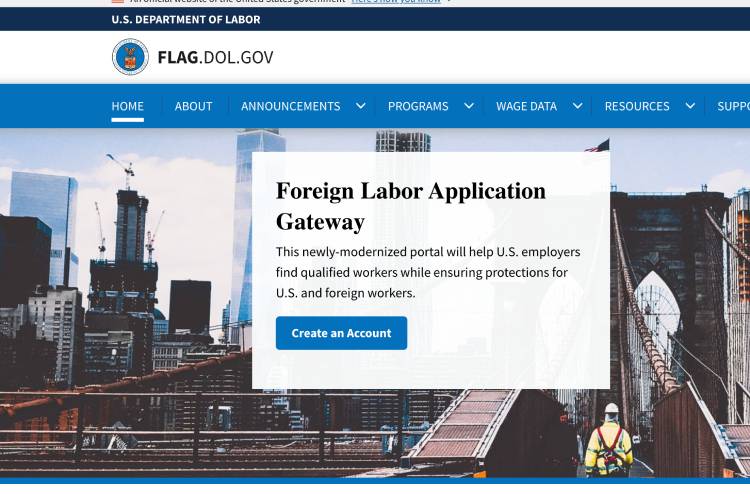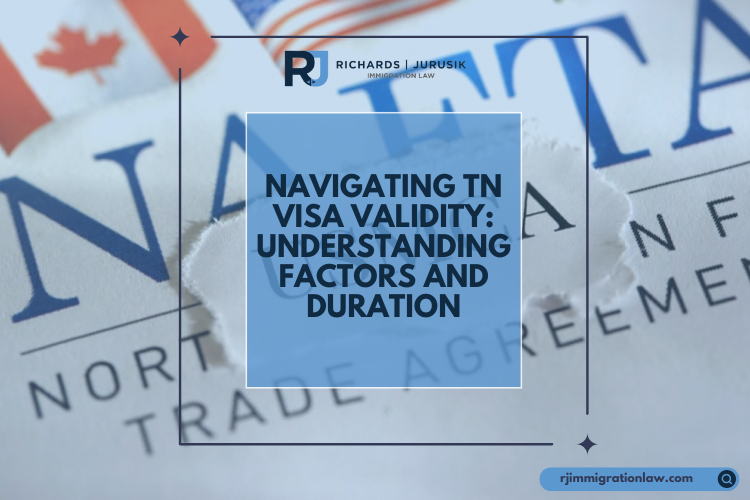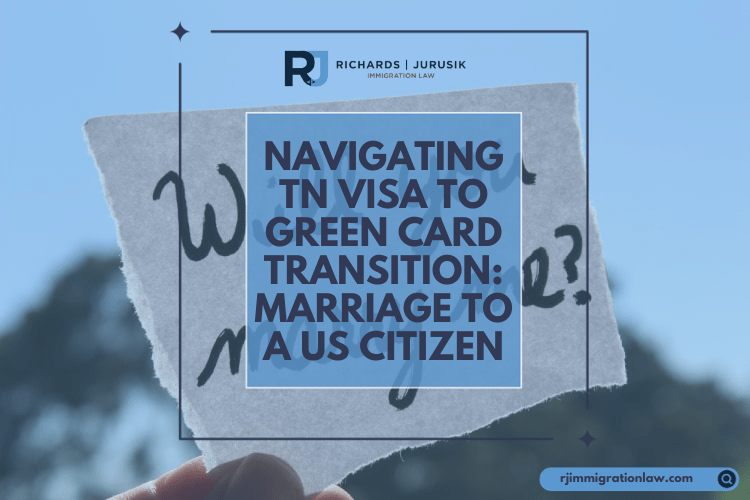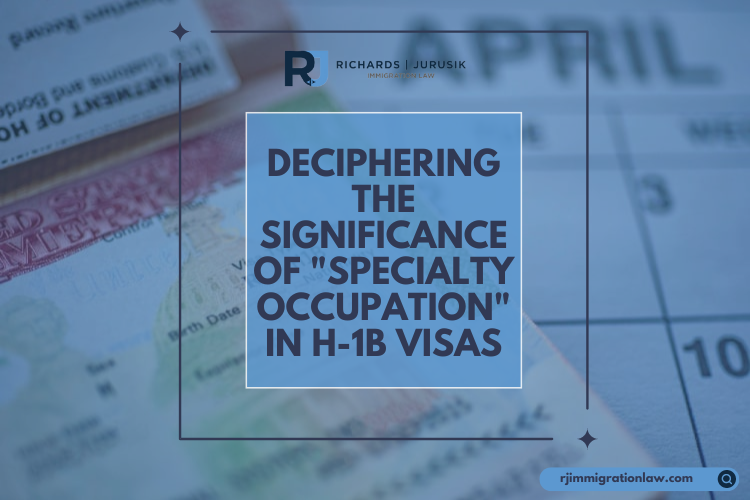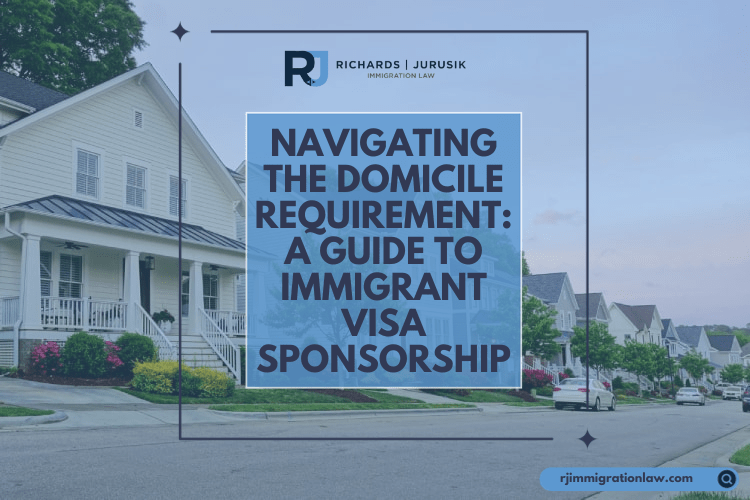The H-1B visa is a highly sought-after U.S. work visa, offering skilled foreign professionals a pathway to pursue their careers in the United States. While valuable, the H-1B has an annual numerical cap of 65,000 visas, with an additional 20,000 under the Master’s Cap for those with advanced degrees from U.S. institutions. However, certain employers and positions are exempt from this cap, offering alternative opportunities.
Understanding the Cap-Exempt H-1B Visa
Cap-Exempt H-1B visas are not restricted by the standard annual numerical limitations, granting employers and foreign professionals more flexibility to secure an H-1B status. This exemption is particularly beneficial for qualifying employers and their prospective employees.
Who Qualifies for a Cap-Exempt H-1B Visa?
Cap-Exempt H-1B visas cater to specific categories of employment, which include:
- Institutions of Higher Education: Beneficiaries employed by accredited institutions like universities or colleges.
- Nonprofit Entities Affiliated with Higher Education: Nonprofit organizations associated with educational institutions may also qualify.
- Nonprofit and Governmental Research Organizations: These organizations can obtain cap exemptions to promote research initiatives.
- Employment at Qualifying Organizations: Those employed at entities defined in 8 CFR 214.2(h)(8)(ii)(F)(4) that primarily involve education or research.
- J-1 Physicians: Physicians under a J-1 visa who have received a waiver based on section 214(l) of the INA can also be exempt.
- Amendments or Extensions of Stay: Requests to amend or extend a beneficiary’s current H-1B classification fall outside the cap.
- Previously Counted Beneficiaries: Those who have been counted against the cap and are either completing the remainder of their six years or seeking extensions as per the AC21 sections.
- Employers in Guam and the CNMI: These U.S. territories have specific exemptions as mandated by law.
Benefits and Strategic Use of Cap-Exempt H-1B Visas
Understanding and utilizing the Cap-Exempt H-1B pathway can strategically benefit employers and foreign professionals. It allows for the recruitment and retention of top global talent without the restrictions of the regular H-1B cap and effectively supports ongoing research and academic endeavors in the U.S.
Subscribe to Our Resources Blog
Schedule a Consultation with an Immigration Lawyer
Citations
Guidance Regarding Eligibility for Exemption from the H-1B Cap Based
We Can Help!
You may have questions regarding U.S. immigration laws and visas. We invite you to contact our team at Richards and Jurusik for detailed guidance and assistance. We aim to provide the most accurate and up-to-date information to make your immigration process smoother and less stressful. The immigration lawyers at Richards and Jurusik have decades of experience helping people to work and live in the United States. Read some of our hundreds of 5-star client reviews! Contact us today to assess your legal situation.


